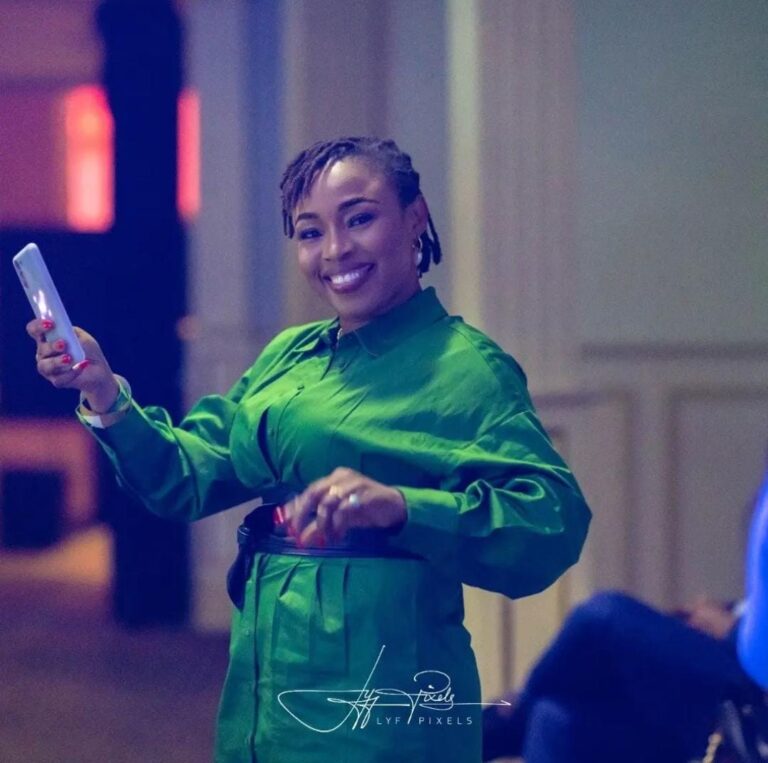In the spirit of International Men’s Day, I implore men to be allies in the fight against domestic violence. Today, as I share my experience as a survivor, it’s a call for men to do better and become safe spaces for women. If you see something, say something. It’s time for us all to break the silence.
In recent days, I bravely shared my journey as a survivor of domestic violence through videos on my Instagram and TikTok, using Keke Palmer’s situation as a poignant case study.
The responses I received served as a stark reminder of why so many women with voices choose to remain silent in the face of such harrowing situations. It’s a struggle that echoes with individuals like Cassie, who endured years of silence before bravely filing a heart-wrenching 35-page lawsuit against her abuser, known as “Mr. Love.”
After enduring humiliation and many challenges that could have compromised my character, I found the strength to speak up. For many years, I pushed back my pain as a survivor, focusing resolutely on my purpose. However, in the last three years, my body has been going through emotional re-healing to prevent my mental health from hanging on a thread.
The unfortunate reality is that countless women wear brave faces while trapped in abusive situations, often paralyzed by the fear of judgment and societal labelling. Every day, we encounter women in our lives or through social media, completely unaware of the battles they face behind closed doors.
When survivors find the courage to share their stories, judgments can inadvertently empower the abusers, perpetuating victimization and allowing them to escape accountability for their crimes. It’s disheartening to witness how society, while encouraging survivors to seek support, often turns around and stigmatizes them for doing just that.
Reflecting on my own experiences, I recognize that without a strong heart and a supportive network, the stigma I encountered could have broken me. At times, I find myself wondering if I’m made of steel, considering the resilience needed to navigate through such challenges.
The societal re-traumatization of domestic violence victims is a painful reality, highlighting the need for increased awareness and understanding. It is crucial to remember that survivors are not defined by their past but are individuals with strength, courage, and the ability to rebuild their lives.
As I share this featured photo, it’s a reminder to fellow survivors: Don’t let society rob you of your joy. Keep smiling, keep living your best life. In the spirit of positivity, let’s refrain from pity party comments – instead, send some food my way and share uplifting words.
Nuggets on Supporting Domestic Violence Survivors:
- Believe and Validate: Acknowledge the survivor’s experience and believe their story.
- Offer a Listening Ear: Sometimes, survivors simply need someone to listen without judgment.
- Respect Boundaries: Allow survivors to share at their own pace; don’t pressure them to reveal more than they are comfortable with.
- Provide Resources: Share information on local support services and helplines.
- Educate Yourself: Learn about the signs of abuse and understand the complexities involved.
- Be Patient: Healing is a process, and survivors may need time to rebuild their lives.
Citing Keke Palmer‘s example, where she courageously shared her story, let’s amplify the voices of survivors and create a supportive environment. Light always shines through the darkness.
